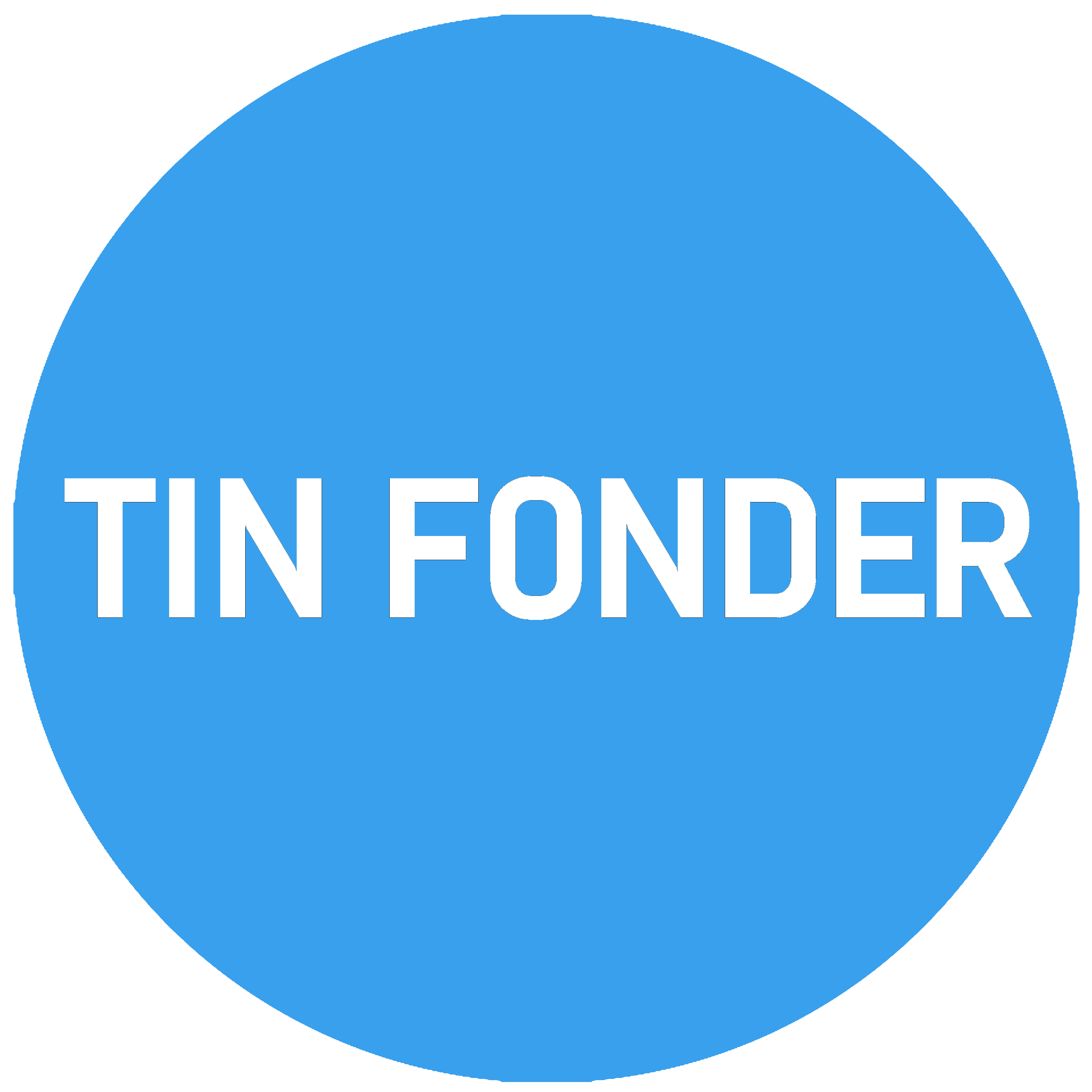Bifogade filer
Prenumeration
Vem äger bolaget?
All ägardata du vill ha finns i Holdings!
We have been investors in Embracer Group since the IPO and do think the company has come a long way of building a portfolio of attractive IPs. We firmly believe that the gaming sector continues to hold promising potential for generating shareholder returns over time. This is largely due to the ongoing digital transformation of the industry and the increasing demand for gaming IP from tech platforms. The increasing appetite for gaming IP shows that the value of such can increase over time if well managed.
However, we are not happy with the share price performance up until and after the Q4 FY 22/23 report. Unfortunately, we think that this is to a large part self-inflicted. Following the listing change to Nasdaq Stockholm we do not think the communication has been on par with what one could reasonably demand from a publicly listed company on the main market.
The current market cap is 25 SEKbn, which is on par with the acquisition value of Asmodee. Also, it is well below the roughly 75 SEKbn+ invested by Embracer in acquisitions. In this light, we think there is need for a swift change to articulate the future strategy, the company’s priorities and how Embracer plans to communicate going forward.
Strategy
From our previous experiences in the gaming sector we have identified some factors that we think are important to be successful over time:
- Entrepreneurially driven gaming companies tend to do better over time.
- Owning a diversified portfolio of strong IP is important.
- It is important to have both diversified and predictable cashflows at a portfolio level.
- More focused games development capex with stringent green-lighting processes yields a better ROI.
- Giving prudent forecast as opposed to setting targets that are difficult to achieve is important to investor trust.
In our assessment, all the above is achievable for Embracer. Given that set-back of not signing a transformative platform deal in PC/Console, the strategy needs to be further clarified and communicated to investors:
- How can the company adjust opex, capex and do smaller platform deals to create more visibility and predictable free cash flow in PC/Console?
- What is the ownership directive from Embracer Group to the operative companies in terms of re-investing cash flow in gaming capex?
- How are these investment plans balanced versus an overall need and ambition to pay down debt?
- Can the company adjust the green-lighting process across the group in new games development and further pivot to own IP, as opposed to third-party IP-development and publishing?
- How will the company prioritize cash conversion in FY23/24 as opposed to long-term growth ambitions, and in that context are there non-strategic asset that could be divested to assure net debt of 10 SEKbn end of FY 23/24 given the current weaker consumer spending?
- Should the company consider significant divestment of assets to create a more stream-lined corporate entity that is a good long-term home with a net cash position?
In addition to the above we do think that the way the company was communicated financial forecast has had a clear negative impact on investor trust. In that context we think it is better to provide no financial forecast at all. If the company wishes to continue with financial forecasting, we do think the methodology should be adjusted:
- Provide an annual adjusted ebit forecast for only the current year.
- Update the annual adjusted ebit forecast for the current year after each quarter.
- Potential platform deals or other endeavours that are not certain in the financial forecast should not be included.
- Financial forecasts should be calibrated such that the lower end should be easy to achieve in an orderly scenario, not what is viewed as most probable. The upper range of financial forecast can be more oriented towards an optimistic scenario.
- Adjust the methodology of predicting AAA-releases to a more prudent level since delays is an ever-present factor in games development and keep the methodology for forecasting financial results in tabletop, mobile games, and entertainment.
We do think it should be a priority for Embracer Group to clarify and communicate both the strategy and the priorities for FY 23/24 sooner rather than later. In our view the company should consider both smaller and larger changes, including divestment options, to be able to secure the long-term plan: being a good long-term home for gaming IP, entrepreneurs, and transmedia potential. Even if that would require a more focused and narrower corporate structure. Finally, we think that is important to for the company to show decisive action in the above, if it wishes to re-establish investor trust as a public and independent company.

